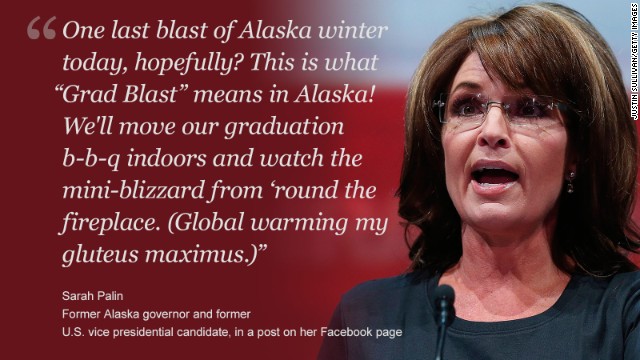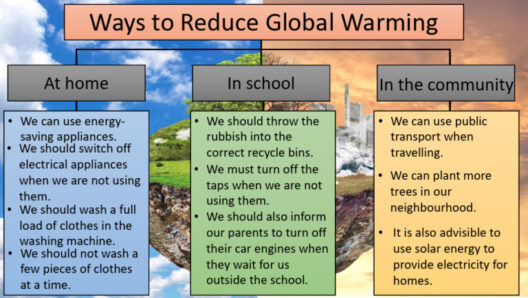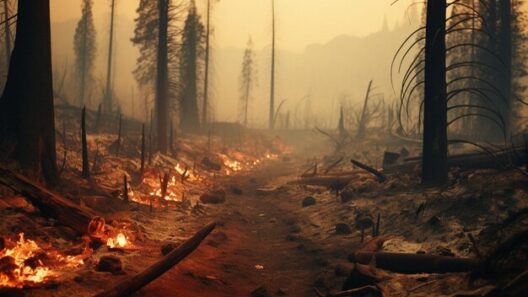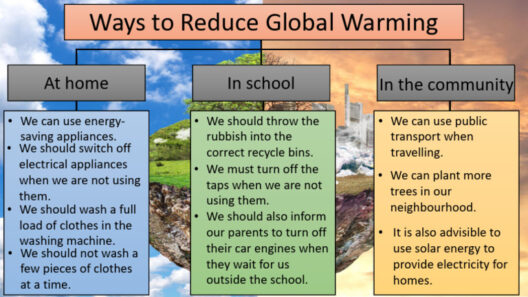Over the years, the narrative surrounding global warming has been punctuated by an array of controversies, controversies that often overshadow the underlying scientific consensus. The idea that climate change is largely anthropogenic, driven by human activity and industrialization, has met with skepticism from various quarters. But within this skepticism lies a darker dimension: misinformation and deception. Have individuals or organizations lied about global warming? This query leads us to a labyrinth of scandals, dubious claims, and the motives woven into the fabric of climate change discourse.
To begin, it is paramount to delineate what constitutes a “lie” in the context of scientific discourse. Generally, a lie implies a conscious intent to mislead. In contrast, skepticism is a natural part of scientific inquiry; it spurs debate and enhances understanding. However, when skepticism morphs into misinformation or manipulation, it shifts the conversation to a more concerning realm.
One of the key players in the saga of climate change denial is the fossil fuel industry. For decades, corporations within this sector have purportedly engaged in deceptive practices to obscure the reality of global warming. A scandal that exemplifies this dynamic is the case of the tobacco industry’s influence over public health discourse. Much like big tobacco, which historically downplayed the dangers of smoking, fossil fuel interests have been accused of financing research that favors denial and of cultivating doubt about climate science.
Documents eventually revealed that oil companies, like ExxonMobil, were aware of the potential consequences of climate change as early as the 1970s. Yet, they actively participated in campaigns designed to sow confusion regarding climate science. This duplicity has raised ethical questions about corporate responsibility and the lengths to which entities will go to protect their financial interests.
The scientific community has overwhelmingly reached a consensus on climate change, asserting that human-induced emissions have significantly altered the atmosphere and contributed to global warming. Yet, some skeptics argue that fluctuations in climate could be a natural phenomenon rather than anthropogenic. This perspective, while scientifically plausible in limited historical contexts, has often been misused to argue against the urgent need for mitigation strategies.
Notably, a continuous line of skeptics has sought to redefine the narrative surrounding climate change through various tactics, including cherry-picking data. They often highlight anomalies in temperature records or milder weather patterns to bolster their argument. By focusing heavily on short-term localized phenomena while ignoring the overwhelming trend of global temperature increase, these skeptics veer dangerously close to disingenuous representation of scientific facts.
Additionally, disinformation campaigns have emerged, enabled by social media platforms that amplify misleading narratives. The emergence of websites and blogs dedicated to presenting contrarian viewpoints has given rise to a culture of pseudo-science. Within this domain, unfounded theories gain traction, often alluring those seeking alternative explanations amid an overwhelming sense of uncertainty. Herein lies a paradox: the rise of information technology designed to democratize knowledge instead proliferates falsehoods about climate change.
Exacerbating this problem is the phenomenon known as confirmation bias, where individuals favor information that reinforces their pre-existing beliefs. This psychological tendency has significant real-world implications. Skepticism about climate change can often stem from cultural, political, or ideological beliefs. In such a milieu, exposing oneself to differing viewpoints becomes a daunting task, thereby perpetuating a cycle of misinformation.
The media plays an indispensable role in framing conversations surrounding climate change. Sensationalist coverage often prefers drama over nuance, leading to misinterpretations of scientific studies. A classic instance was the coverage of the “Climategate” scandal in 2009, where stolen emails from climate scientists were misrepresented as evidence of data manipulation. This media frenzy overshadowed the deeper scrutiny of climate data that had already been methodologically vetted over decades of research.
The world of climate science is a complex tapestry, and unraveling the threads of deception requires diligence. Scandals abound, yet they are often the result of broader societal dynamics rather than isolated incidents. The general public finds itself in a precarious position; armed with limited knowledge and inundated with conflicting information, effectively navigating the climate change discourse can prove daunting.
However, the emerging field of climate communication has sought to bolster scientific literacy among the populace. Advocates emphasize the importance of transparency and accessibility when discussing climate science. By fostering an educational environment whereby individuals can engage with data critically, the hope is to empower citizens to discern fact from fiction.
Moreover, grassroots movements have arisen in response to the perceived lack of action from governmental bodies. Mobilizing community action provides a powerful counter-narrative to skeptical viewpoints. Voices from diverse backgrounds congregate to demand accountability from industries and policies that exacerbate climate change, creating a decentralized force for change.
The conversation around global warming demands an awakening; it necessitates a collective shift in perspective to eschew complacency. In an age marked by instant information and rapidly evolving technologies, addressing misinformation requires not only vigilance but also collective advocacy grounded in scientific rigor. Climate change is an urgent crisis that transcends political divides, and it is beholden to us all to champion the truth amidst chimerical claims.
In conclusion, while the question remains: Has anyone lied about global warming? The evidence suggests that, indeed, some entities have misrepresented information for various motives, ranging from financial gain to ideological battlegrounds. In navigating this complex terrain, an informed and engaged citizenry remains our most potent tool against the shadows of doubt that seek to obscure the truth of climate change.








